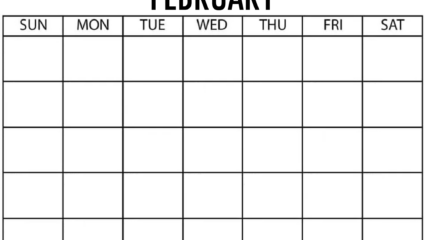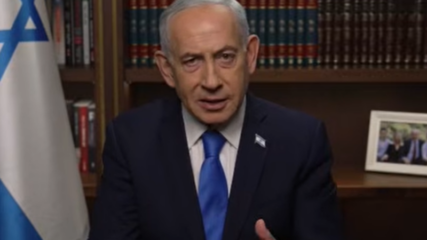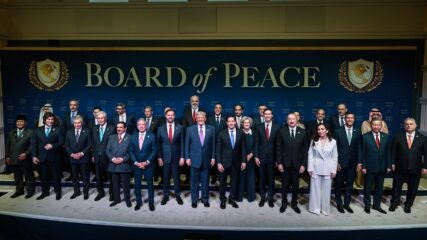March 31, 1979
The Israeli entry wins the Eurovision Song Contest for the second consecutive year as “Hallelujah,” performed by Gali Atari and Milk and Honey, takes the top honors. The contest is held in Jerusalem because of Israel’s victory in the 1978 contest in Paris with “A-Ba-ni-bi,” performed by Izhar Cohen and Alphabeta.
Eurovision is held among member countries of the European Broadcasting Union, with the previous year’s winner given the honor of hosting. The 1979 contest is the first held outside Europe since Eurovision began in 1956.
Israel joined the EBU in 1957 but did not introduce television until 1966, with commercial broadcasts starting in 1968. When Israeli television executives first learned of the song contest in early 1972, they were reluctant to participate because the fledgling broadcasting authority did not have sufficient financial resources, returning the invitation: “Out of the question — not enough budget.”
Despite the lack of funds, Israel made a push to participate in the 1973 contest to showcase the country’s culture and musical artists to the European marketplace.
Israel had to make a massive financial investment to upgrade its television infrastructure to host the 1979 contest and still was not able to broadcast in full color. The Israel Broadcasting Authority declined to host again in 1980 in order to devote its limited resources to switching to color broadcasting, which happened in 1981.
The 1979 Eurovision was a major cultural event for Israel and provided a showcase for all of Europe.
Turkey, the only Muslim country that had diplomatic relations with Israel during the Eurovision preliminaries — Israel and Egypt signed their peace treaty just five days before the final — withdrew from the contest under pressure from Arab countries to protest the lack of discussion and resolution of the Palestinian issue.
“Hallelujah” goes on to be a huge hit on the European charts.









